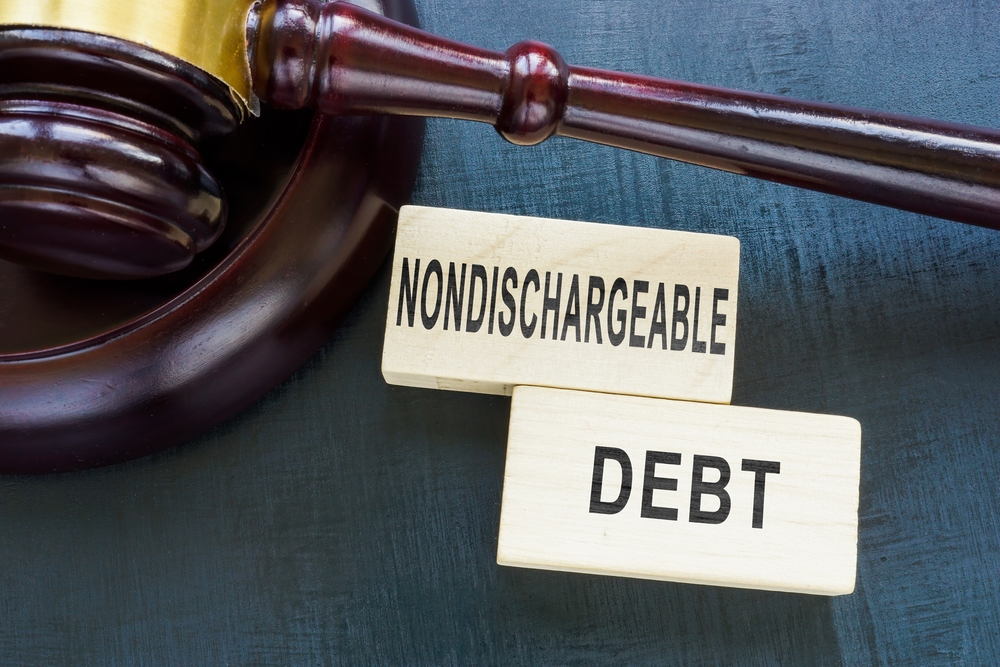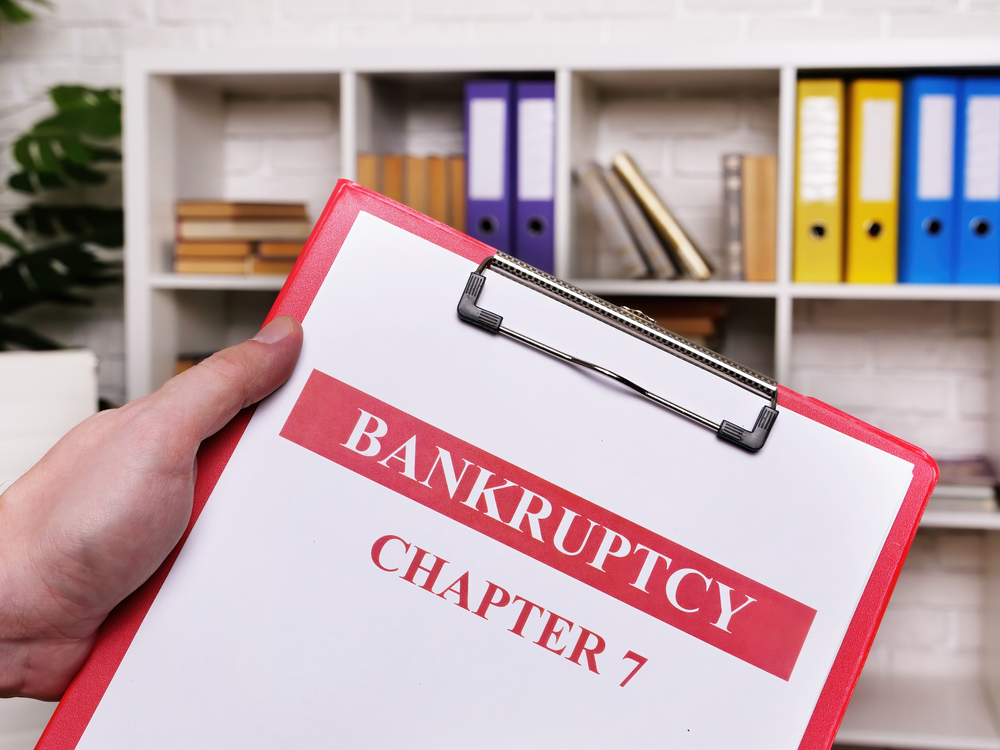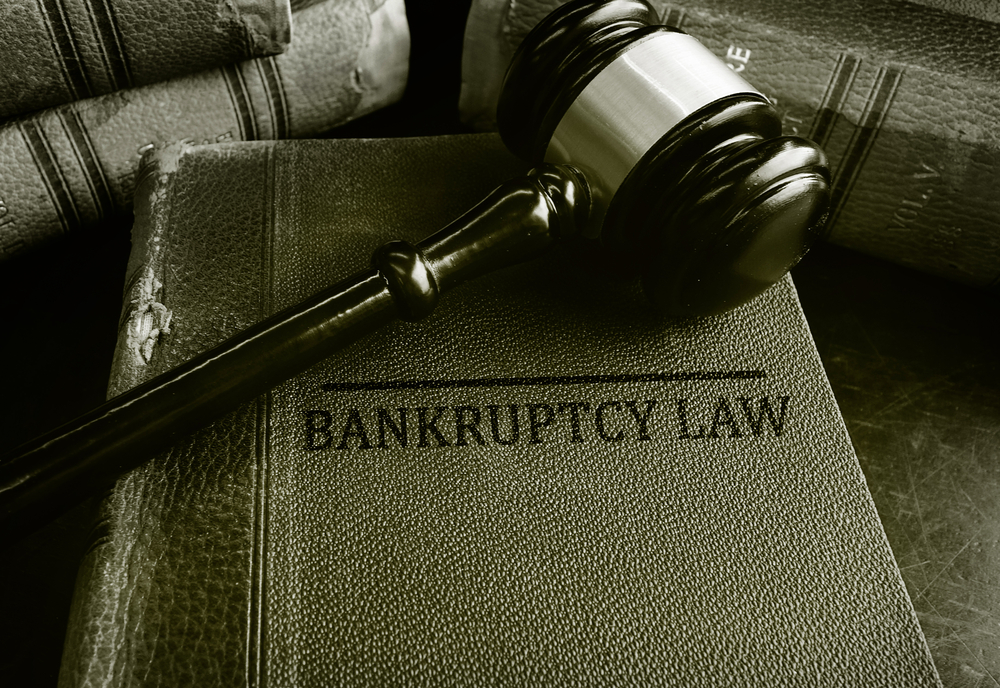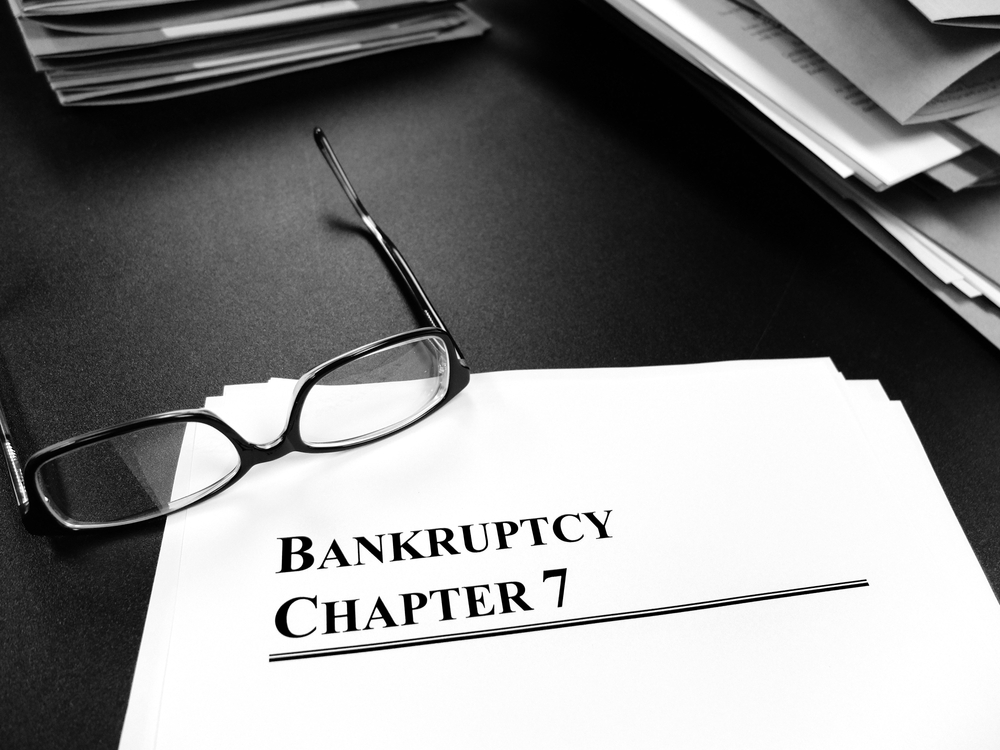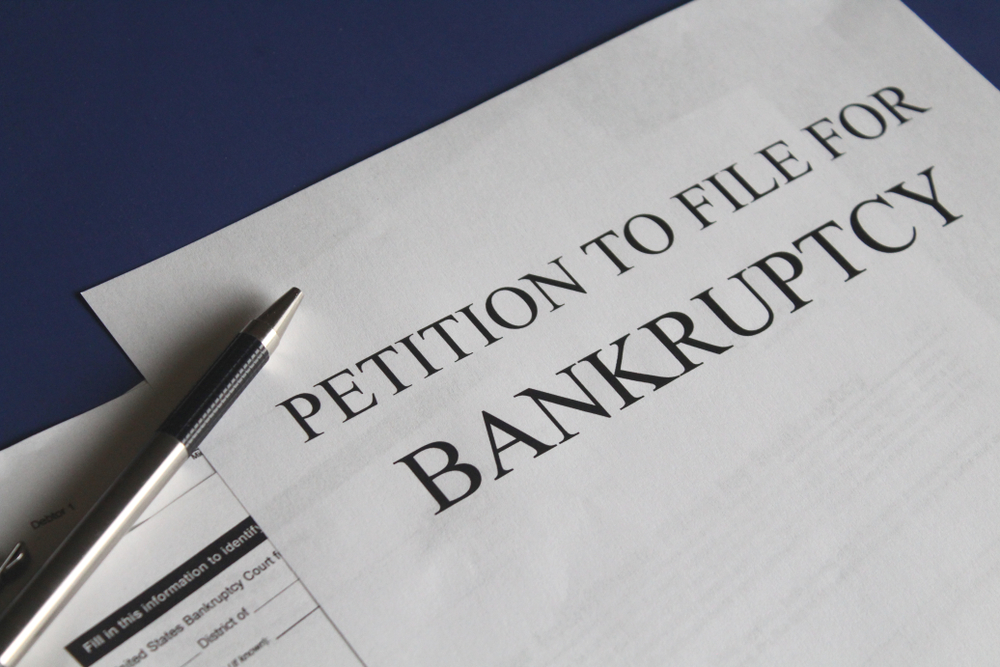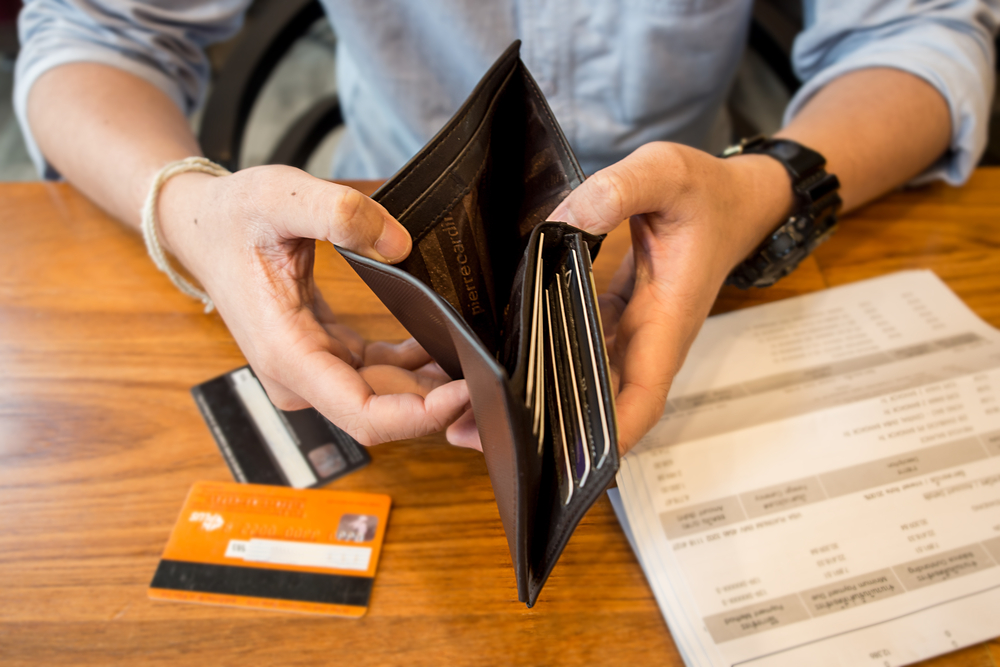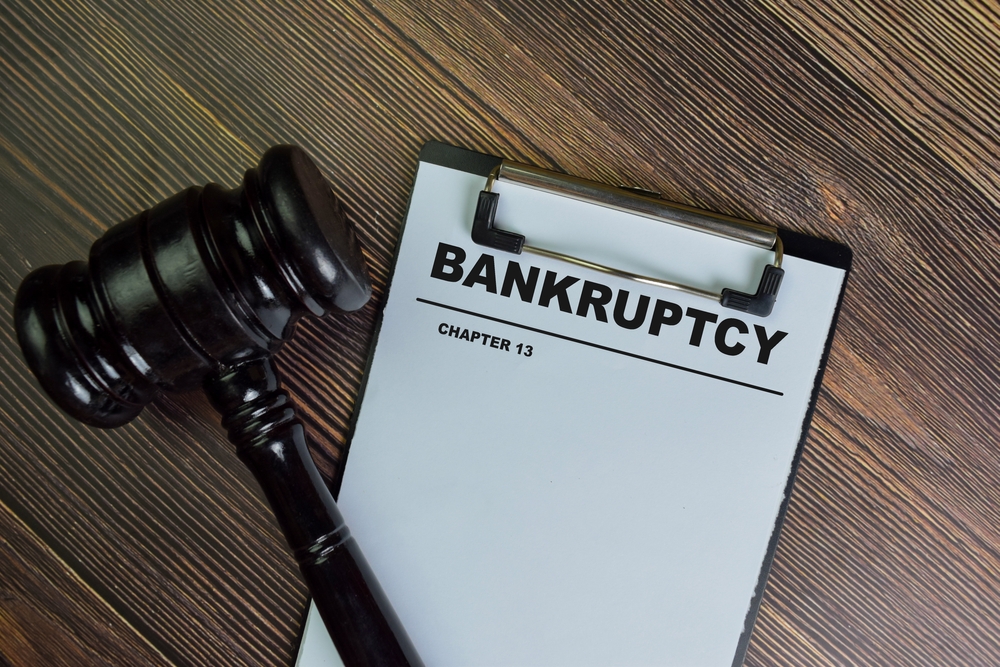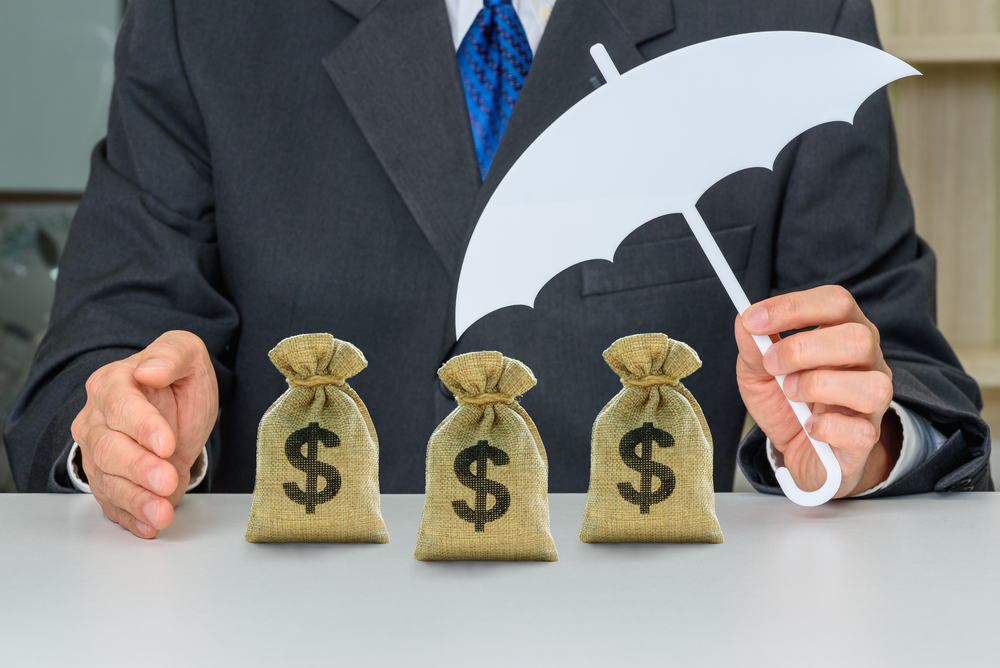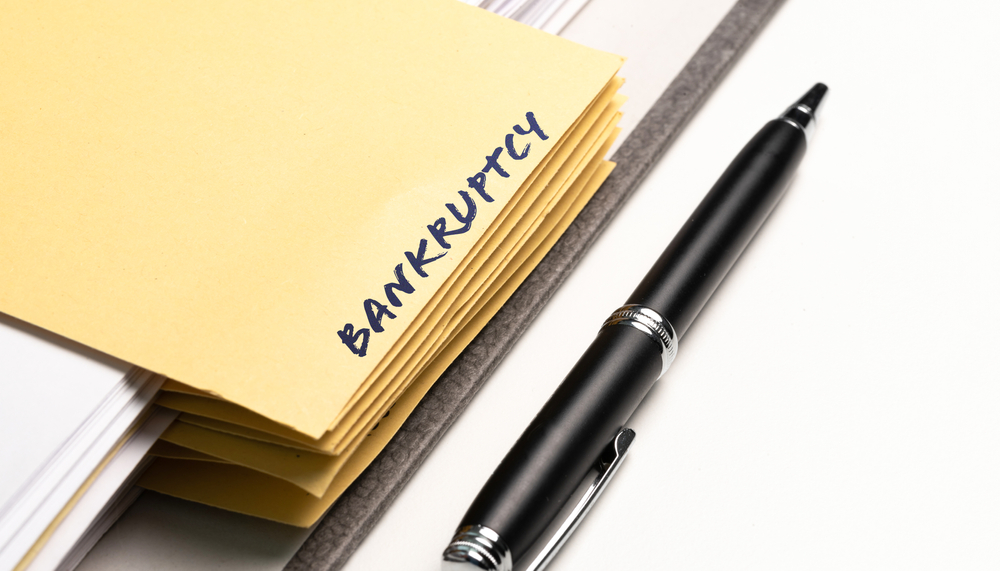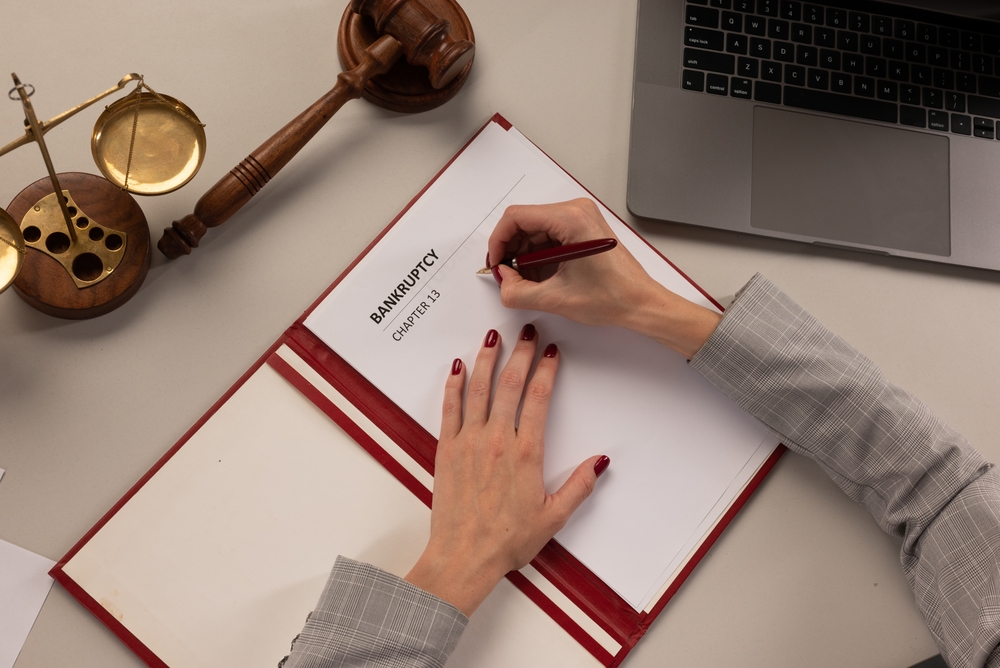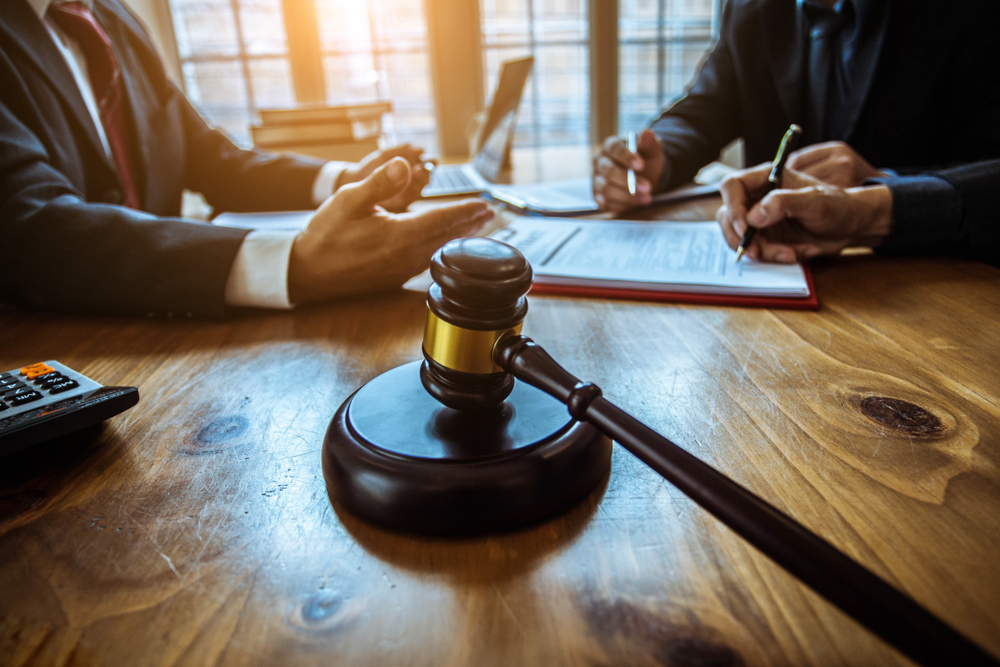LifeBack Law Firm is Minnesota’s most kind and helpful bankruptcy law firm. We recently opened up a new location right where you live in Minneapolis, MN! We are now located at 310 E 38 Street, Suite 111, Minneapolis, MN 55409. We are just south of downtown Minneapolis and located on a bus line with plenty of free parking. If you live in Minneapolis, and you are suffering from overwhelming debt, and you need to file bankruptcy and get your life back, look no further than LifeBack Law Firm. LifeBack has been protecting Minnesotans from their creditors since 1972, and we can protect you too.


